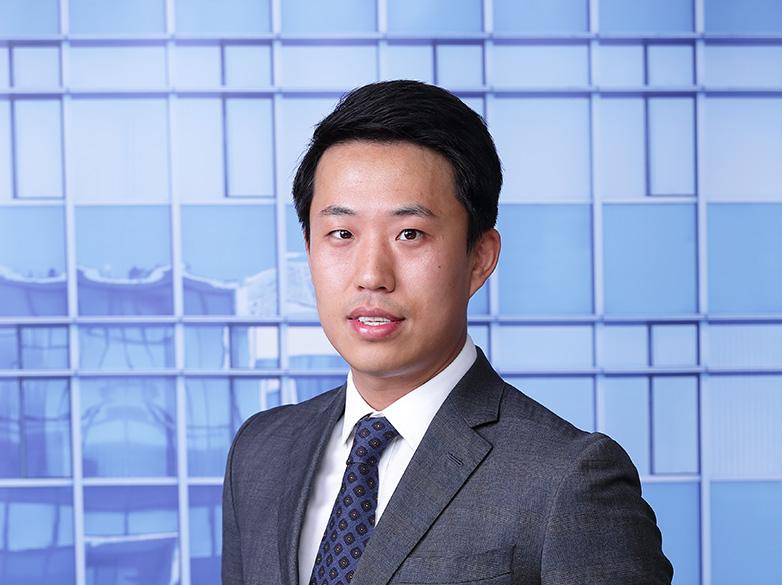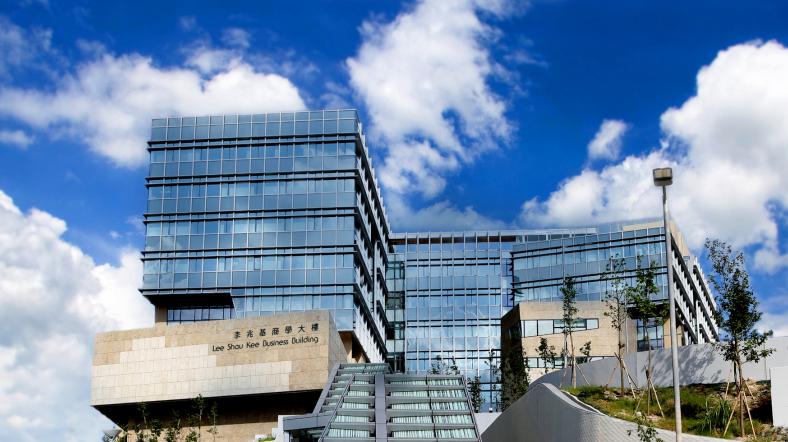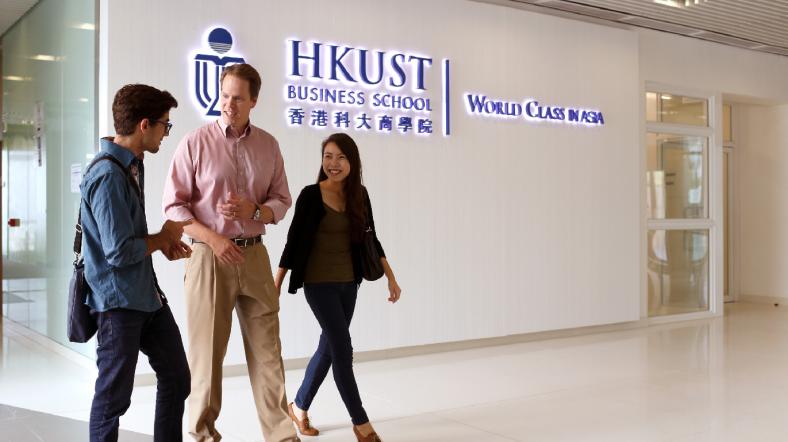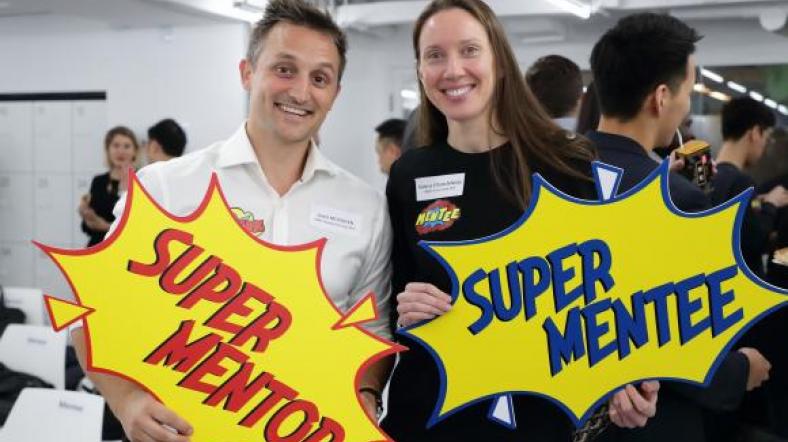Find out why HKUST Business School is becoming the go to destination for Asia's returning MBA candidates
There's a growing trend among MBA students on the Hong Kong University of Science and Technology’s (HKUST) MBA. Asian-born overseas candidates are returning home to tap into economic growth and bountiful career opportunities in the region.
Bo Xu is one such student. Born in China, he emigrated to Canada when he was 15, and has now returned to Asia to tap into new career opportunities in Hong Kong. Bo is set to graduate in January 2021, and he’s currently weighing up a job offer with Credit Suisse in Hong Kong, after a successful internship with the firm.
_resized.jpg)
Bo is one of many MBA students returning to Asia and HKUST
Moving into finance was his target. He was after something that would complement his new business skills with his previous technical experience as an engineer in Canada.
Here’s why he was attracted to the HKUST MBA.
Why MBA: HKUST Business School
Bo studied engineering at the University of Toronto before launching a career with the largest integrated energy company in Canada. His first role was as an improvement project engineer—by the time he left the company for the MBA he had moved into the corporate strategy team.
He says an MBA had been on his mind since his university days. He wanted to lead a career that balanced his technical expertise with a sharp business acumen; he was after a competitive edge.
So, why return to Asia?
“Similar to a lot of my classmates from North America I felt that there were a lot of growth opportunities in Asia,” Bo explains. “For me it has also been satisfying to reconnect with my roots.
“At the same time, I received my education in North America and wanted to gain different exposure to the business world at HKUST.”
The HKUST MBA flexible curriculum
The HKUST MBA can be completed in 16 or 12 months. The 16-month program is geared towards career switchers and offers students the opportunity to take a summer internship and an optional full-semester exchange at one of HKUST’s partner schools when the situation allows—due to COVID-19, Bo is completing his final semester virtually with Chicago Booth School of Business.
The accelerated 12-month program gives students a comprehensive grounding in business education and is designed for students who possess already a wealth of professional experience or who are studying under company sponsorship and are keen to enhance their career.
The flexibility of the program is a big pull factor for MBAs. The pick and mix model of education makes it easy for students returning to Asia to hone their skills and adapt to a fast-changing, growing economy.
Bo entered the program with the goal of gaining more exposure and systematic training in finance in a region renowned for its expertise. The MBA delivered.
“Hong Kong is an international finance hub, especially in Asia,” Bo asserts, before adding that “professionally, the HKUST MBA has sharpened my business acumen and financial skillset.”
Finance is one of the career tracks offered by the HKUST MBA—along with consulting and strategic management, business technology and analytics, general management, and marketing. The program also offers more than 70 flexible core modules and electives for students to choose from.
“What’s unique about HKUST is the flexibility the school gives you when it comes to adapting your schedule when you have potential job or internship opportunities,” Bo says.
He took a summer internship with the equity research team at Credit Suisse. He also had classmates who took a full course load over the summer, and some who took on a part-time internship and adapted their curriculum to fit around that.
Career opportunities for returning Asian MBA students
Bo says that he and a lot of his classmates with Asian descent feel they have an advantage when it comes to language and cultural assimilation.
“Most of us can either speak Mandarin or Cantonese,” he says, “which I think is very useful in a jobs market like Hong Kong.
“Hong Kong is the access point to the mainland China market from a consulting and financial services perspective too, and so most of us feel we have an advantage—which is why I think a lot of returning Asians come back to Hong Kong.”
Bo’s summer internship with Credit Suisse is an example of the opportunities available to HKUST MBAs. After a successful internship, he’s been offered a full-time position with the company.
HKUST offers career coaching tailored to each candidate’s goals. Coaches provide students with mock interviews, and whenever a student has an interview in a specific industry their career coach will prepare them with cv and cover letter writing advice.
The Career and Professional Development team also advise students on the jobs market in Hong Kong, what skills companies are after, and how to identify the traits that give them a competitive advantage.
Bo’s advice for returning Asian MBAs
Bo says that returning Asian MBA students should be prepared first and foremost for the pace of change.
“No matter what industry you go into, the pace of growth is definitely a lot faster, and I think a lot of people coming from North America have to adjust mentally to the way things work here,” he says.
“That’s one thing a lot of us were exposed to during this MBA journey. You’re moving halfway across the world from Europe or North America, so be prepared for that change. When the opportunity comes, make sure you market yourself appropriately.”
Source: BusinessBecause



















_resized.jpg)
